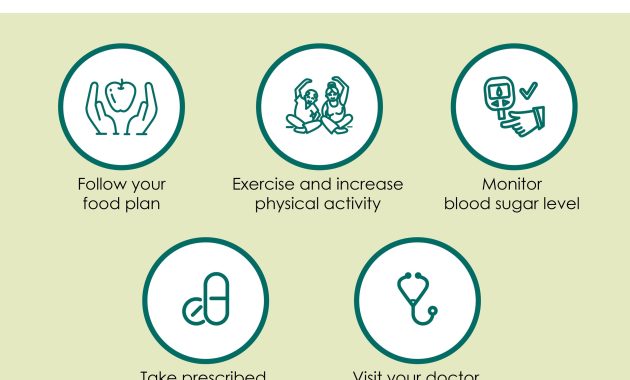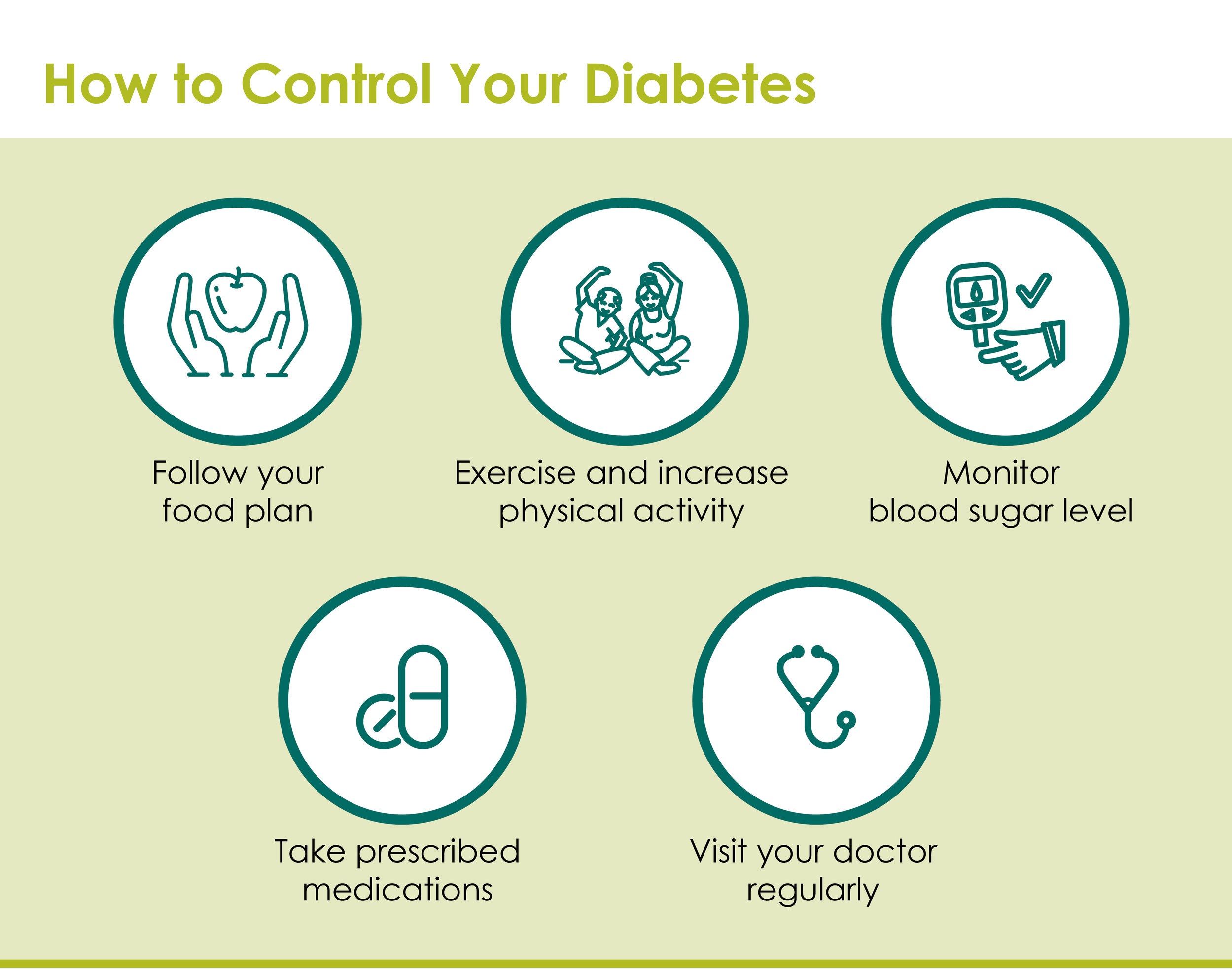
Diabet Travel Essentials for Sugar Control: Your Comprehensive Guide
Traveling with diabetes requires meticulous planning and preparation. It’s a journey that demands proactive management of blood sugar levels. This guide, crafted for individuals with diabetes, provides essential insights for safe and enjoyable travel. We’ll explore the diabet travel essentials for sugar control, ensuring your trip is as smooth as possible.
Diabetes management isn’t a vacation. It is a constant commitment to your health. Proper planning is crucial, regardless of your destination or the duration of your trip. This article is your roadmap for navigating the complexities of traveling with diabetes.
Pre-Trip Preparations: A Checklist
Before embarking on any journey, thorough preparation is key. This is especially true for individuals with diabetes. A well-prepared traveler minimizes potential complications. A pre-trip checklist streamlines the process.
Consult Your Healthcare Team
Schedule an appointment with your doctor and diabetes educator. Discuss your travel plans, including your destination, duration, and planned activities. Get advice tailored to your specific needs. They can provide guidance on adjusting medication schedules and insulin dosages. They may also recommend any necessary vaccinations.
Medical Documentation and Prescriptions
Obtain a letter from your doctor summarizing your medical history. This should include your diagnosis, medications, dosages, and any allergies. Carry this letter with you at all times. Always have a valid prescription for all your medications. Ensure you have enough medication to cover your entire trip, plus a buffer. Keep prescriptions in both your carry-on and checked luggage. This is a critical diabet travel essential for sugar control.
Insurance and Emergency Contacts
Verify your health insurance coverage for international travel. Ensure your policy covers medical emergencies abroad. Obtain travel insurance that includes medical coverage. Carry a list of emergency contacts, including your doctor, family members, and local emergency services. Store this information in a readily accessible location.
Packing Your Diabetic Travel Kit
Packing the right supplies is essential for managing diabetes on the go. Your travel kit will be your lifeline. It should contain everything you need to monitor and manage your blood sugar levels.
Medication and Supplies
Pack all your medications, including insulin, in their original packaging. Carry a cooler bag with ice packs for insulin storage, especially in hot climates. Include syringes or insulin pens, and extra needles. Pack a blood glucose meter, test strips, and lancets. Include a backup meter and extra batteries. This is a core diabet travel essential for sugar control.
Snacks and Food
Pack non-perishable snacks to prevent hypoglycemia (low blood sugar). Choose snacks that are high in carbohydrates and easy to carry. Examples include crackers, fruit, and glucose tablets. Consider packing a small supply of your regular meals. This is especially important if you have dietary restrictions or are traveling to a location where access to suitable food is limited.
Emergency Supplies
Carry a glucagon emergency kit for severe hypoglycemia. Keep a source of fast-acting carbohydrates, such as glucose tablets or juice boxes. Always have identification indicating you have diabetes. Consider wearing a medical alert bracelet or necklace. This can provide crucial information in an emergency.
Navigating Airports and Flights
Air travel presents unique challenges for individuals with diabetes. Planning ahead can make the experience more manageable. Be proactive to minimize potential complications.
Security Checkpoints
Inform security personnel that you have diabetes and are carrying medical supplies. Carry your doctor’s letter and prescriptions. Insulin and other medications are generally allowed through security. Pack all your diabetic supplies in your carry-on luggage. This ensures you have access to them during the flight. Consider packing a separate bag for your diabetic supplies.
In-Flight Management
Monitor your blood sugar levels regularly during the flight. Adjust your insulin dosage as needed. Pack snacks and drinks to maintain stable blood sugar levels. Stay hydrated by drinking plenty of water. Be mindful of mealtimes and adjust your insulin accordingly. Consider the time zone changes and their impact on your medication schedule. This is a crucial diabet travel essential for sugar control.
Adapting to Different Environments
Different environments can impact blood sugar levels. Adapting to these changes is essential for maintaining good control. Being proactive is key to success.
Climate and Altitude
Extreme temperatures can affect insulin absorption. High altitudes can impact blood sugar control. Monitor your blood sugar levels more frequently in these conditions. Adjust your insulin dosages as needed. Protect your insulin from extreme heat or cold. Consult your doctor if you are traveling to a high-altitude location.
Dietary Considerations
Be aware of the local cuisine and its impact on your blood sugar levels. Choose meals with balanced carbohydrates, proteins, and fats. Read food labels carefully. Ask about ingredients when dining out. Carry your own snacks if necessary. Be mindful of portion sizes. A well-planned diet is a diabet travel essential for sugar control.
Physical Activity
Increased physical activity can lower blood sugar levels. Adjust your insulin or carbohydrate intake accordingly. Carry fast-acting carbohydrates to treat hypoglycemia. Stay hydrated. Wear appropriate footwear for your activities. This is an important diabet travel essential for sugar control.
Staying Safe and Healthy Abroad
Traveling with diabetes requires extra vigilance. Prioritizing your health and safety will allow you to enjoy your trip. Be prepared for potential challenges.
Preventing Infections
Practice good hygiene, including frequent handwashing. Avoid eating food from street vendors. Drink bottled water. Protect yourself from insect bites. Carry a first-aid kit with antiseptic wipes and bandages. Seek medical attention promptly if you experience any symptoms of infection.
Recognizing and Treating Hypoglycemia
Learn the symptoms of hypoglycemia (low blood sugar). Carry fast-acting carbohydrates, such as glucose tablets or juice boxes. Treat hypoglycemia promptly. If you experience severe hypoglycemia, use your glucagon emergency kit. Ensure someone traveling with you knows how to administer glucagon. Being prepared for hypoglycemia is a critical diabet travel essential for sugar control.
Addressing Hyperglycemia
Learn the symptoms of hyperglycemia (high blood sugar). Monitor your blood sugar levels regularly. Adjust your insulin dosage as needed. Stay hydrated. Seek medical attention if your blood sugar remains high. Understand the signs of diabetic ketoacidosis (DKA). Seek immediate medical attention if you suspect DKA.
Enjoying Your Trip with Diabetes
Traveling with diabetes can be a rewarding experience. With proper planning and preparation, you can enjoy your trip. Embrace the journey and the experience.
Embrace Flexibility
Be prepared to adjust your plans as needed. Unexpected events can occur. Be flexible and adapt to changing circumstances. Don’t let diabetes control your trip. Instead, manage it effectively. This is a key diabet travel essential for sugar control.
Communicate Openly
Inform your travel companions about your diabetes. Explain how they can help in an emergency. Don’t be afraid to ask for assistance. Open communication is essential for a successful trip. This is a valuable diabet travel essential for sugar control.
Prioritize Self-Care
Make time for relaxation and stress reduction. Get enough sleep. Eat healthy meals. Stay active. Take breaks as needed. Prioritizing self-care will improve your overall well-being. This will also help you manage your diabetes.
Traveling with diabetes is achievable with careful planning. Understanding the diabet travel essentials for sugar control is crucial. By following these guidelines, you can enjoy your travels while maintaining your health. Remember, knowledge is power. Be informed, be prepared, and travel safely.
[See also: Related Article Titles]

